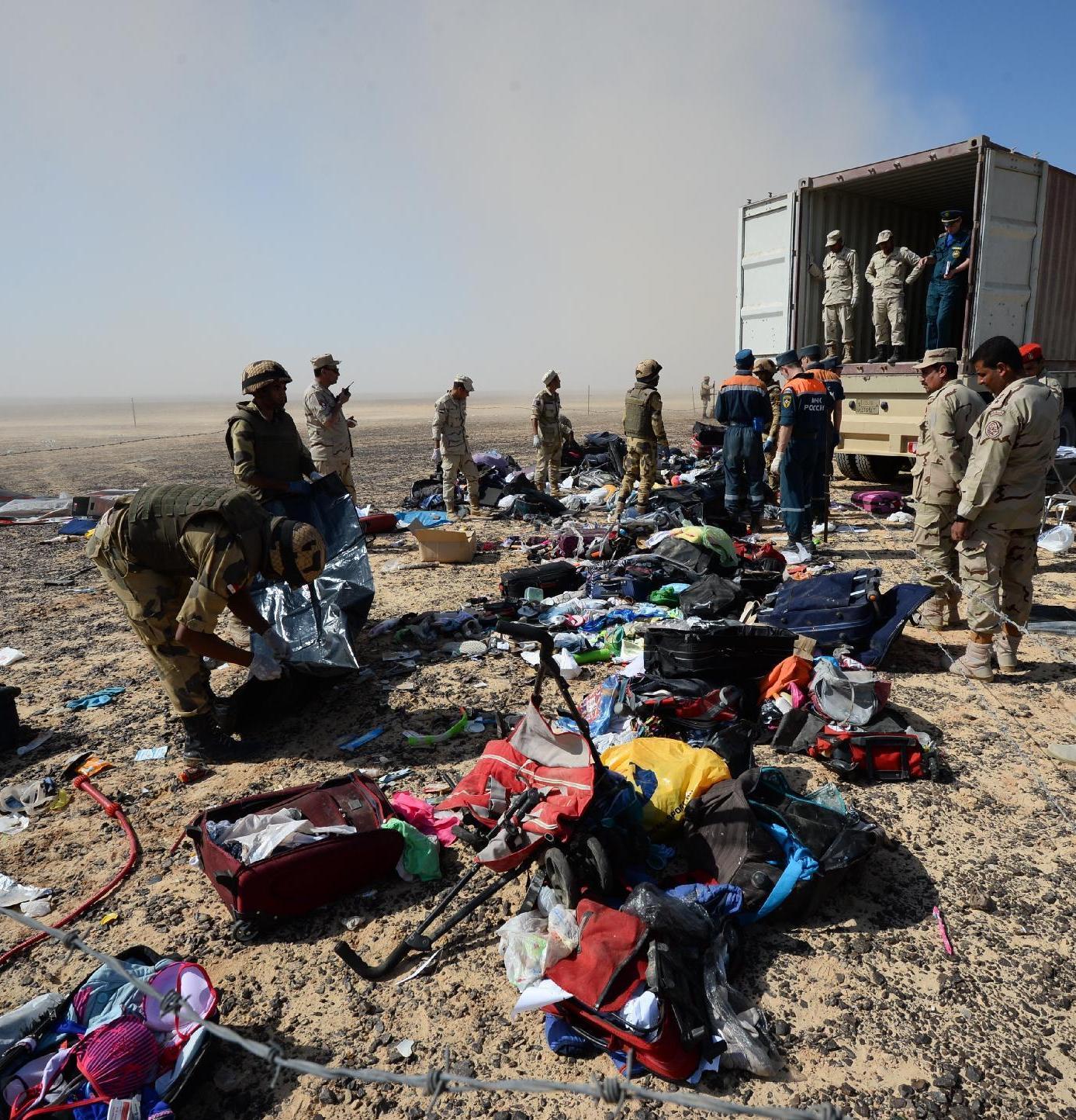IS bomb on Russia plane would herald new phase in conflict
At this stage, there is no hard evidence. But reports from the U.S. and Britain suggesting an Islamic State group bomb may have caused the Russian plane crash in Egypt are raising the alarm among experts, who say such an act would be a frightening change in tactics by the extremist group. It would also underscore the failure so far of the U.S.-led coalition to deter the jihadis — despite the recent addition of Russia to the seemingly formidable forces arrayed against them.
The Sinai attack would be a first, and would signal that the Islamic State has become both capable of — and interested in — joining the dreadful ranks of global terrorism.
Analysis by the Soufan Group, a private geopolitical risk assessment company
Russian and Egyptian officials say any talk about a bomb is premature, and aviation authorities are working on all possible theories as to why the Airbus A321-200 crashed Saturday in Egypt’s chaotic Sinai Peninsula, 23 minutes after takeoff. Still, British Prime Minister David Cameron said Thursday it was “more likely than not” that an explosive device brought the jetliner down while President Obama said the U.S. is taking the reports “very seriously.”
If the Islamic State is capable of conducting attacks like this — particularly against a target now widely reviled (Russia) — this could bolster their appeal in the jihadi world.
Aymenn al-Tamimi, an expert on rebel and Islamic extremist groups and a fellow at the Middle East Forum think tank

World plane crash